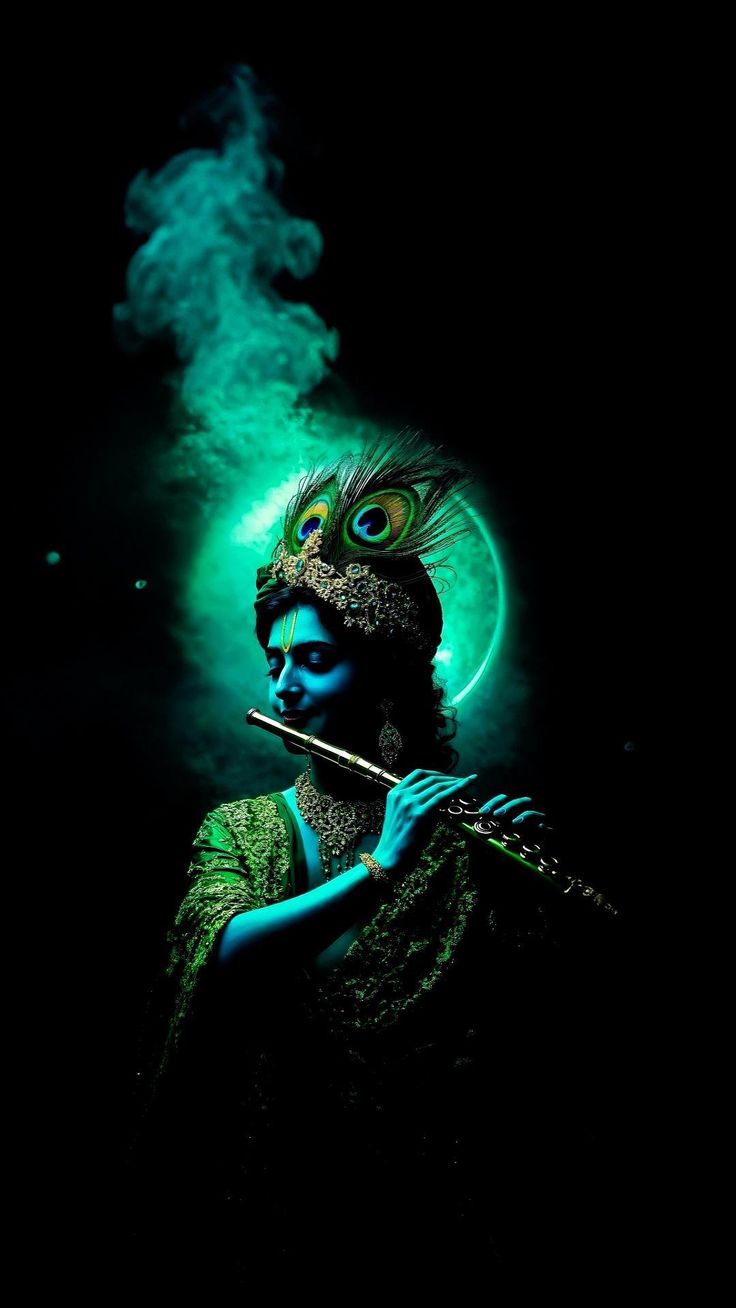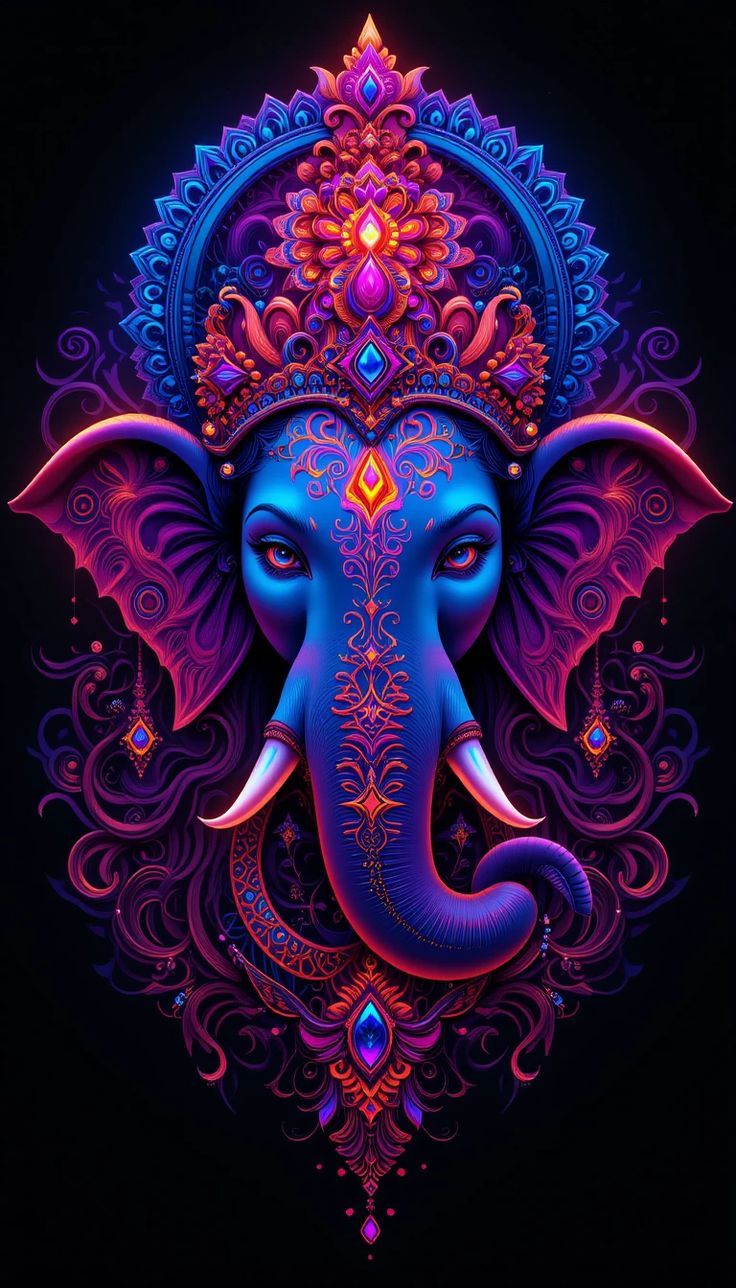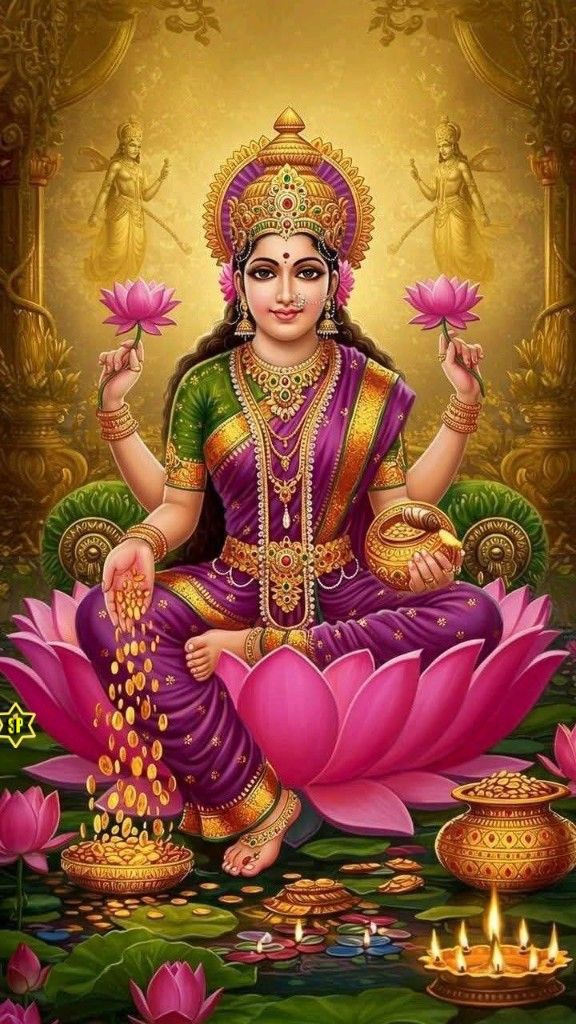In Hindu tradition, dreams have long been regarded as more than subconscious images – they are seen as spiritual signs, karmic reflections, and even messages from divine beings. Some dreams are considered especially positive, carrying the potential to foretell prosperity, protection, or blessings. These are known as auspicious dreams in Hinduism.
Interestingly, many believers also link these dreams to numbers that are thought to bring luck, particularly when playing games of chance or making important life decisions. In this article, we will explore which dreams are seen as auspicious, how they can be connected to lucky numbers, and how this belief fits within modern interpretations of spiritual symbolism.
Understanding Auspicious Dreams in Hindu Belief
Auspicious dreams are often associated with purity of mind, good karma, and divine favor. They may appear during times of spiritual alignment, after religious rituals, or when a person is entering a new life phase. In Hinduism, these dreams are sometimes treated as sacred messages and are shared with elders or spiritual guides for interpretation.
The connection between auspicious dreams and numbers is not new. Ancient Hindu texts, such as the Swapna Shastra, sometimes assigned numerical values to symbols. These numbers could then be used for auspicious timings, ceremonies, or even as personal talismans for good fortune. These dream symbols may lead some to explore their luck in fun and safe settings.
Common Auspicious Dreams and Their Linked Numbers
Seeing a Deity
Dreaming of a deity like Lord Vishnu, Goddess Lakshmi, or Lord Ganesha is one of the most powerful auspicious signs. In some traditions, the number associated with the deity is considered lucky. For example:
- Lord Vishnu is often linked with the number 8
- Goddess Lakshmi is linked with the number 7
- Lord Ganesha is linked with the number 5
These numbers are sometimes used for choosing dates, making important purchases, or in modern contexts, playing games where numbers are significant.
Dreams of Holy Symbols
A lotus, conch shell, or temple bell in a dream may point to numbers based on scriptural references. For example, the eight-petaled lotus may connect to 8, while a conch is often associated with 1 for its singular, focused energy.
Clear Water or Holy Rivers
Dreaming of bathing in a sacred river like the Ganges can be tied to auspicious numbers linked to that river’s mythology. Some believers may use these numbers in personal rituals or even for casual gaming.
Sacred Animals
Animals such as the cow, elephant, or peacock appear in many auspicious dreams in Hinduism. An elephant might connect to the number 4 for its stability and strength, while a peacock could be linked to 3 for beauty and creativity.
From Symbol to Number – How People Interpret the Link
The link between dreams and numbers often follows patterns from religious symbolism, numerology, or cultural associations. For instance:
- The number of objects seen in the dream (three lotuses, two cows)
- The day or time you had the dream (which can be translated into numbers)
- The sacred or mythological number tied to the dream’s subject
While traditional Hinduism does not promote gambling, the cultural practice of associating numbers with auspicious signs is strong in many communities. In modern life, some people extend these associations to lottery picks, lucky draws, or selecting numbers for online games.
Regional Variations in Interpreting Lucky Numbers
Different regions of India and the wider Hindu diaspora have their own interpretations of lucky numbers from auspicious dreams in Hinduism. In Tamil Nadu, for example, dreams involving gold may connect to the number 9, while in West Bengal, seeing a fish in a dream may be tied to 6. These regional variations make the tradition rich and diverse.
Balancing Tradition and Modern Practice
For many, interpreting numbers from auspicious dreams in Hinduism is a personal and spiritual practice rather than a purely material one. Using the numbers in rituals, meditation, or symbolic acts is common. However, others also enjoy applying them in light-hearted ways, like trying their luck in contests or games.
When using these numbers for games of chance, it’s important to approach them as a form of entertainment rather than a guaranteed outcome. The dream’s main purpose is still seen as spiritual guidance, not fortune prediction.
Similar Symbolic Practices in Other Traditions
The connection between dreams and numbers is not unique to Hinduism. In the biblical meaning of rainbow in dream, certain imagery is linked to spiritual promises, and some believers translate those into numbers based on biblical numerology. This shows that the human fascination with turning dream symbols into numerical signs is found across cultures.
Tips for Interpreting Your Own Dream Numbers
If you have an auspicious dream and want to see if it has a lucky number connection, you can:
- Count the significant objects, animals, or symbols in the dream
- Research the spiritual or mythological number linked to your dream subject
- Reflect on your emotional state during the dream to see if the number represents comfort, energy, or protection
Writing the dream down immediately upon waking helps capture details you might forget later.
Final Thoughts
The tradition of connecting auspicious dreams in Hinduism to lucky numbers blends spiritual symbolism with cultural creativity. Whether you see these numbers as guides for personal growth, dates for important events, or fun ways to test your luck, they remain part of a living tradition that bridges the sacred and the everyday.
Feeling lucky after your dream? You might enjoy trying your number at a trusted, safe online platform where you can explore games for entertainment while honoring your dream’s inspiration.


